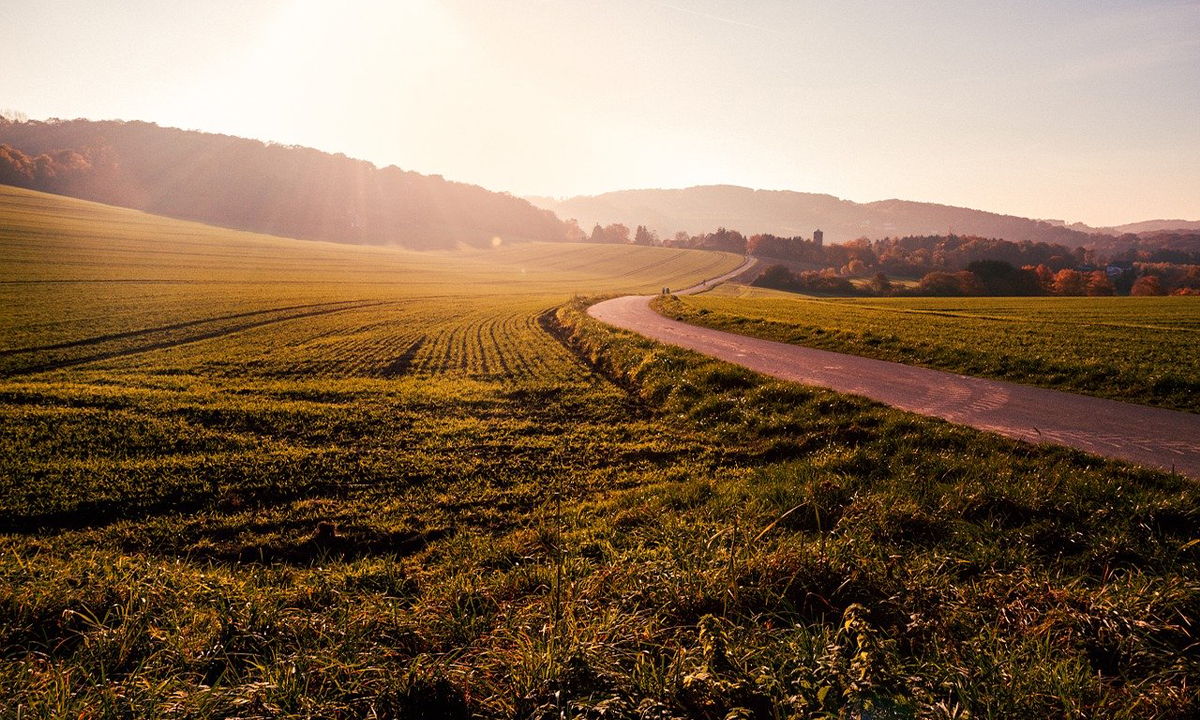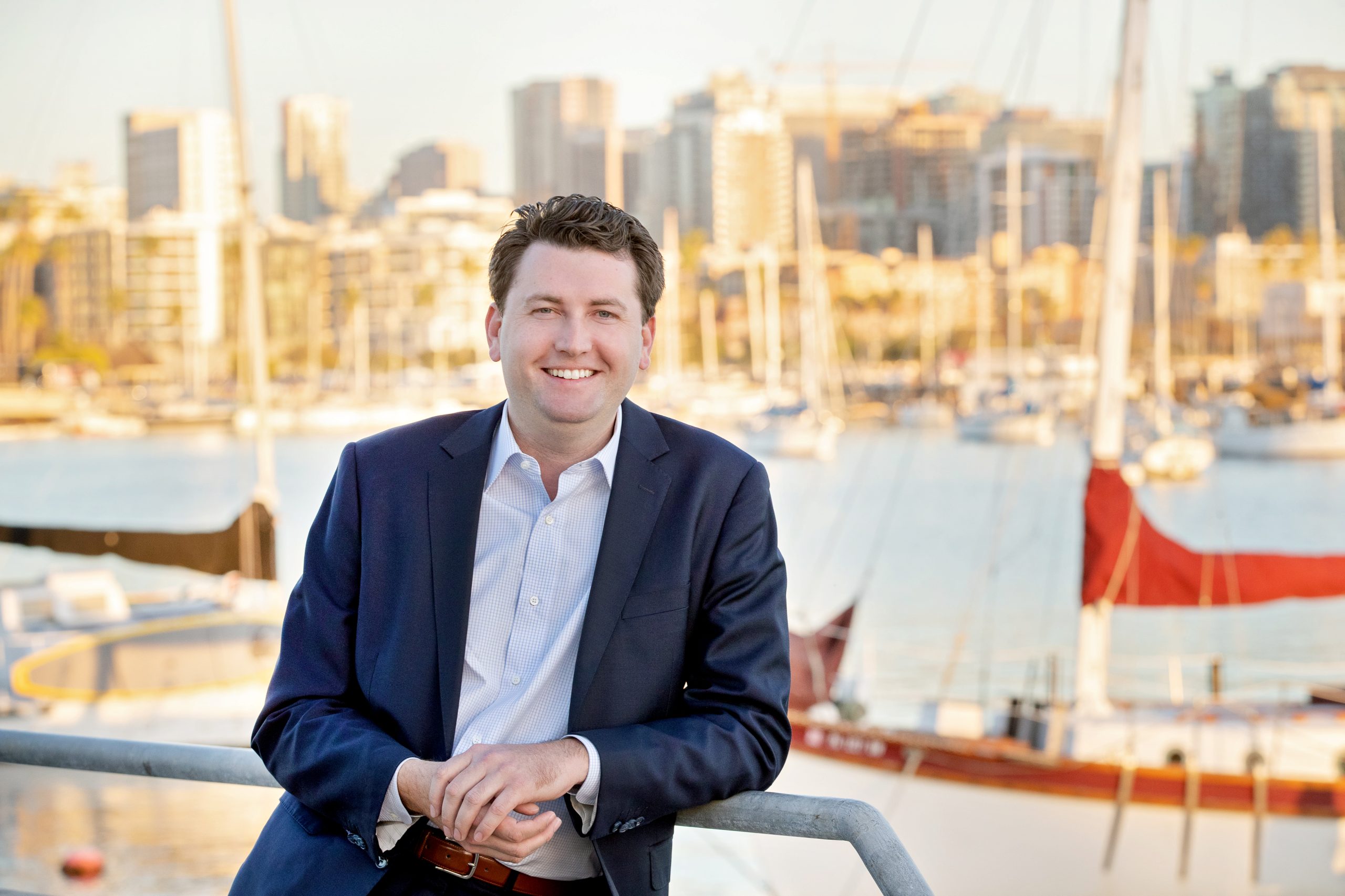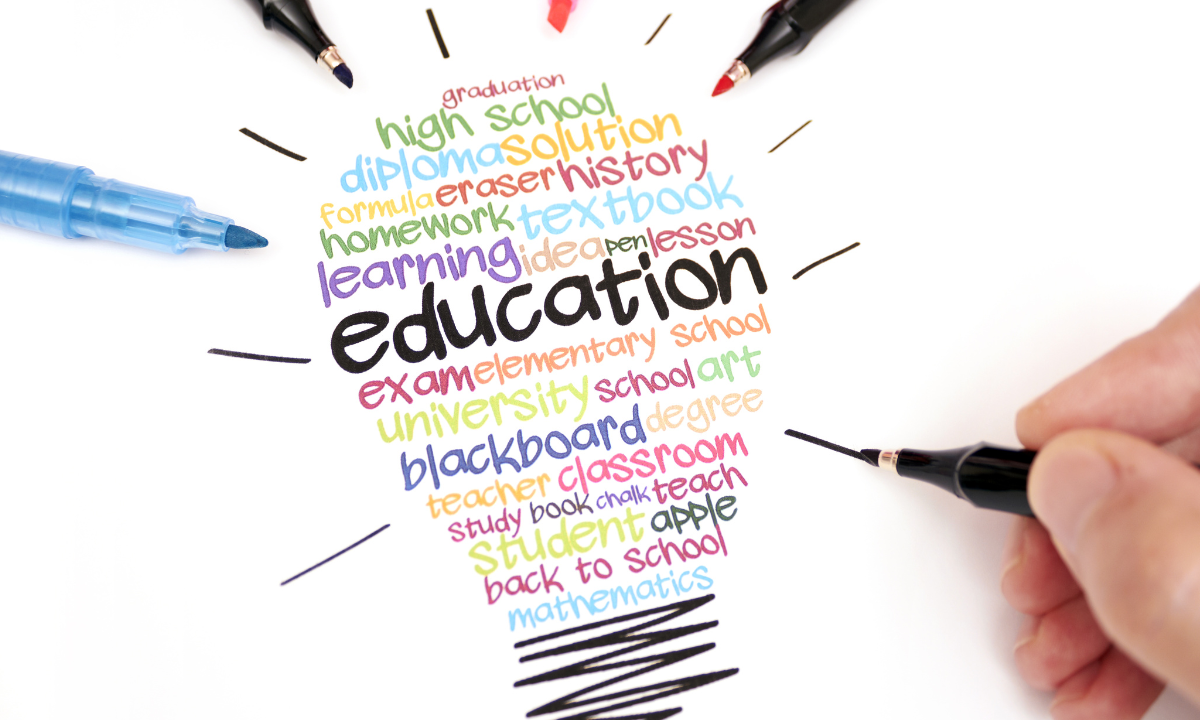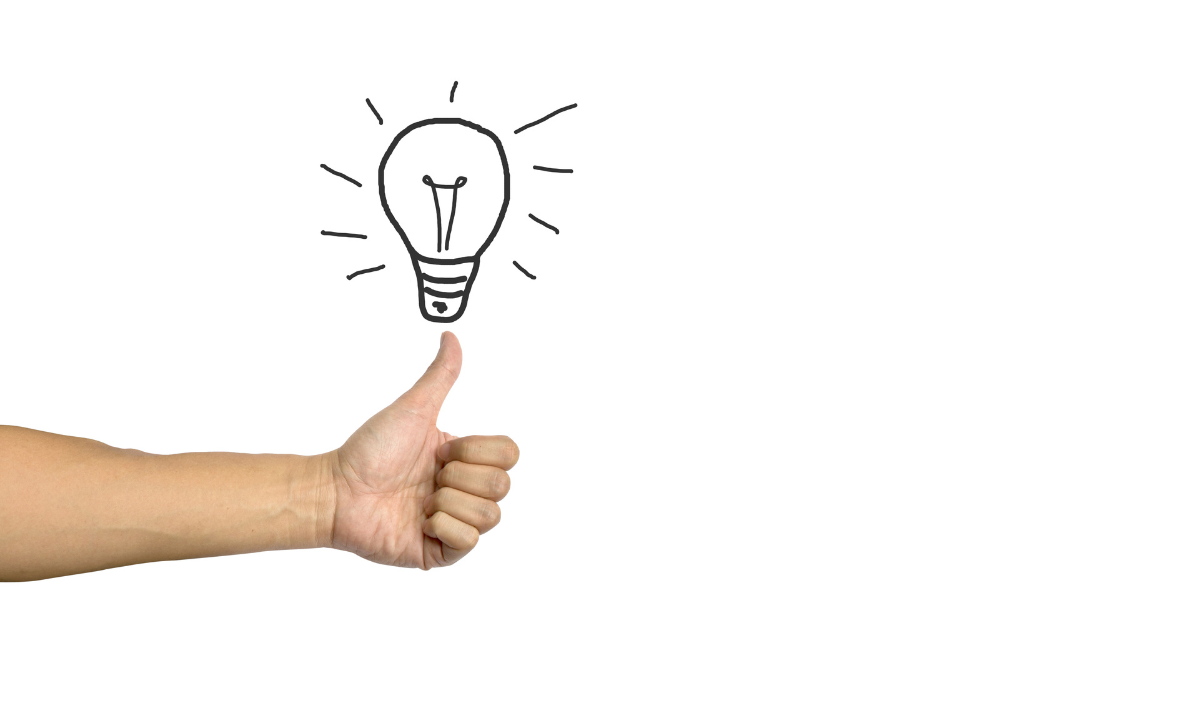Written by Ilona van der Linden
It’s the end of the world… I guess.
You’ve seen it in the news, heard it on the radio, watched it on TV. It’s evident in the empty streets, crowded grocery stores, abandoned malls, and closed schools—humanity itself seems to be shutting down.
To many, it feels like we’re living in an apocalypse film. They wouldn’t be far off from the truth. Toilet paper is being panic-bought in bulk, and people are fighting over basic necessities. Entire cities are being quarantined. Hospitals are forced to choose who gets life support. We’re locked in our homes, only leaving to scavenge for food or get a little bit of sunlight.
As for me? Strangely enough, I’m happy.
Well, that’s a misnomer. Perhaps a more accurate way to describe my current state of being would be “relentlessly optimistic, despite dire circumstances.”
I’m acutely aware of the fact that this virus can’t be taken lightly. I’ve locked myself in my home and upped my already neat-freak hygiene levels to meticulous. My prom and graduation are hanging in the balance—it’s very possible both will get canceled or postponed. I may never attend an admitted students day if I get accepted to college. My office and school are both closed until April at the earliest, my swim practices have been canceled until further notice, and my friends are all getting the same response when they ask to hang out: “Sorry, I can’t. I’m self quarantined. Maybe some other time :)”.
I miss life as usual, and all the guarantees that came with it. But that doesn’t mean that I can’t create a new usual, even if it’s only for a few weeks.
I’m an awfully busy person, usually. I’ve got an internship, a job, school, and a sport. I go out with my friends and family almost every weekend. Having a day to myself, much less two weeks, is a luxury.
Over the past four days, I’ve done a lot of the things that I’ve always wanted to do, but never had the time to. I sewed up a shirt I’ve been meaning to alter, read a few Shakespeare plays, worked on a few short stories, played video games with friends, redecorated my room, and made a puzzle with my sister. I cooked meals for my family, did the dishes daily, cleaned the kitchen, and went grocery shopping. I’ve designed daily workouts in lieu of swim practice, and made sure to squeeze a little bit of calculus review in there too.
And surprisingly, I’ve never been happier.
I operate in a perpetual state of stress, so waking up with almost none is better than therapy. Being able to take time for myself has been incredibly healing. Overall, I’m trying to make the most of this time I have with myself and my family. I hope that everyone will try to do the same.
But outside of my happy little microcosm, the world is in a panic. We’re rushing to find a vaccine, and to prevent as many deaths as possible. Fearmongering in the media is only getting worse. There’s just so much information out there that it’s difficult to know what to believe. On one hand, you’ve got the alarmists buying a year’s worth of toilet paper and canned food. On the other hand, you’ve got the overconfident, saying that coronavirus is less deadly than the flu and is nothing to worry about.
I think both of those extremes have a grain of truth to them, but it’s important that we — as a society — decide to take the middle ground. We need to be cautious, but that doesn’t mean that we need to panic. Taking precautions such as self-isolation and practicing disease prevention hygiene are vitally important to flattening out the curve and preventing COVID-19’s spread. It’s the least we can do to help protect ourselves, our families, and our communities.
In my opinion, COVID-19 is this generation’s world war. It’s no regular battle. It won’t be fought with guns and steel. For the first time in human history, we won’t be fighting each other, but a common enemy: a pandemic.
The battle won’t be easy. We’ll lose many lives [and already have], and make difficult sacrifices. However, there’s no doubt that this war will end. When that end comes, we’ll find relief, unity, and most importantly, a renewed sense of hope. Hope in the generation that united across political lines to pass emergency legislation for the sake of the people. Hope in the generation that spanned continents and nations, all working together to find a cure. Hope in the generation that protected each other, that was selfless and kind, that defeated a pandemic and became better because of it.




